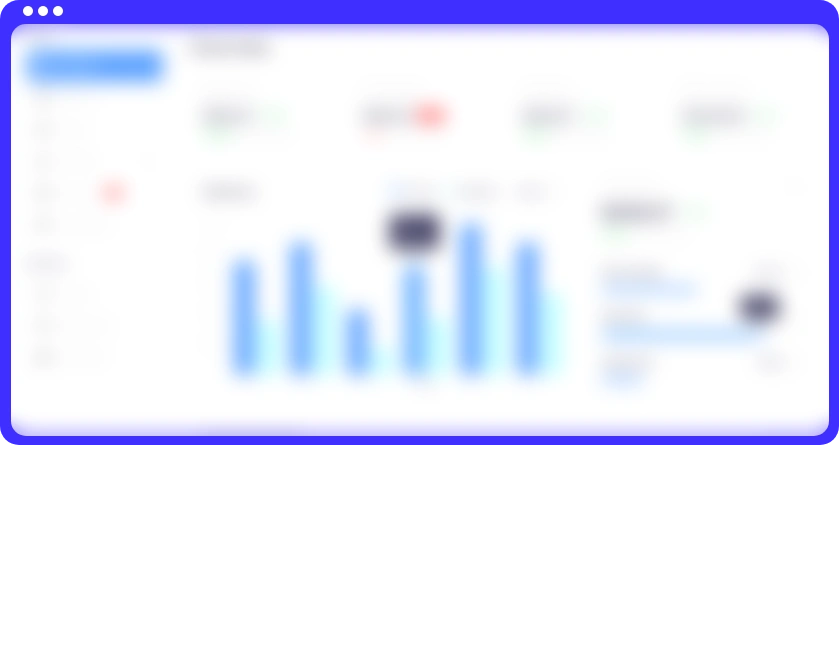

Predictive Maintenance for EV Manufacturing
Revolutionizing EV Manufacturing: Enhancing Hydraulic Press Efficiency with AI-Powered Predictive Maintenance

A large electric vehicle (EV) manufacturing firm sought to enhance the efficiency and reliability of their hydraulic presses. These presses are critical in the EV production process, and any downtime can lead to significant production delays. The initial requirements included:
Several challenges were encountered during the project, which we successfully overcame:

Our team successfully delivered a comprehensive solution, achieving the following functionalities:



The final product was an AI-driven predictive maintenance solution that revolutionized the efficiency and reliability of hydraulic presses in the electric vehicle manufacturing firm. Key outcomes included:
In conclusion, our AI-driven predictive maintenance solution empowered the electric vehicle manufacturing firm to maintain peak productivity while minimizing costly disruptions, demonstrating the power of AI in enhancing industrial processes.



"Great quality deliverable with respect to timeline and business scope. Great Team to work with in general. Definitely can recommend to anyone who is looking for Hi-Fi UX Mockups. Thank you!"
Ben Koussa
Founder

"From the very first call they were the only agency that has shown real interest and trying to understand the reason behind why I ask for what I ask for. They were customer oriented all the time and delivered on demand, while proposing improvements wherever possible. Very great cooperation! They have prepared my SaaS documents they will most likely be the partner to develop it in the end!"
Marco Koehler
Co-Founder

"Know high of the highest level and maximum availability. Highly recommended."
Daniele Nardin
Co-Founder

"The quality of work was great, but they went way past schedule (could be due to Corona, who knows). I will be working with them again, though. I would recommend them for any project."
Justin Butler
CEO
